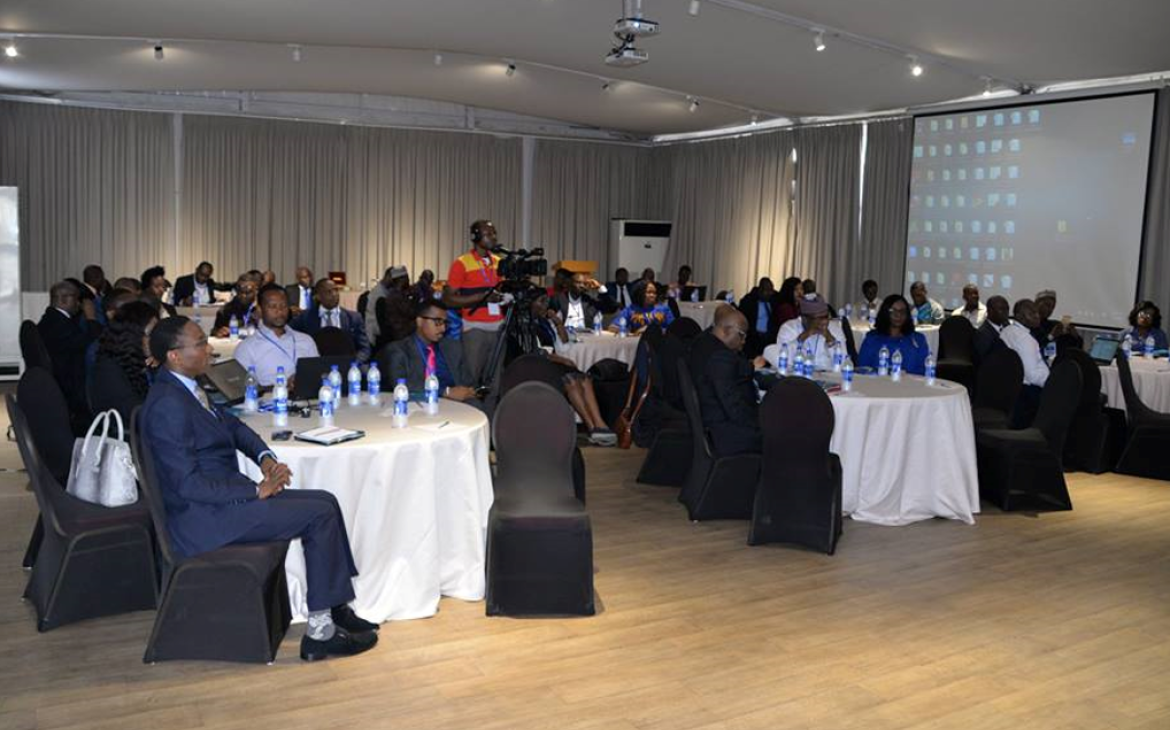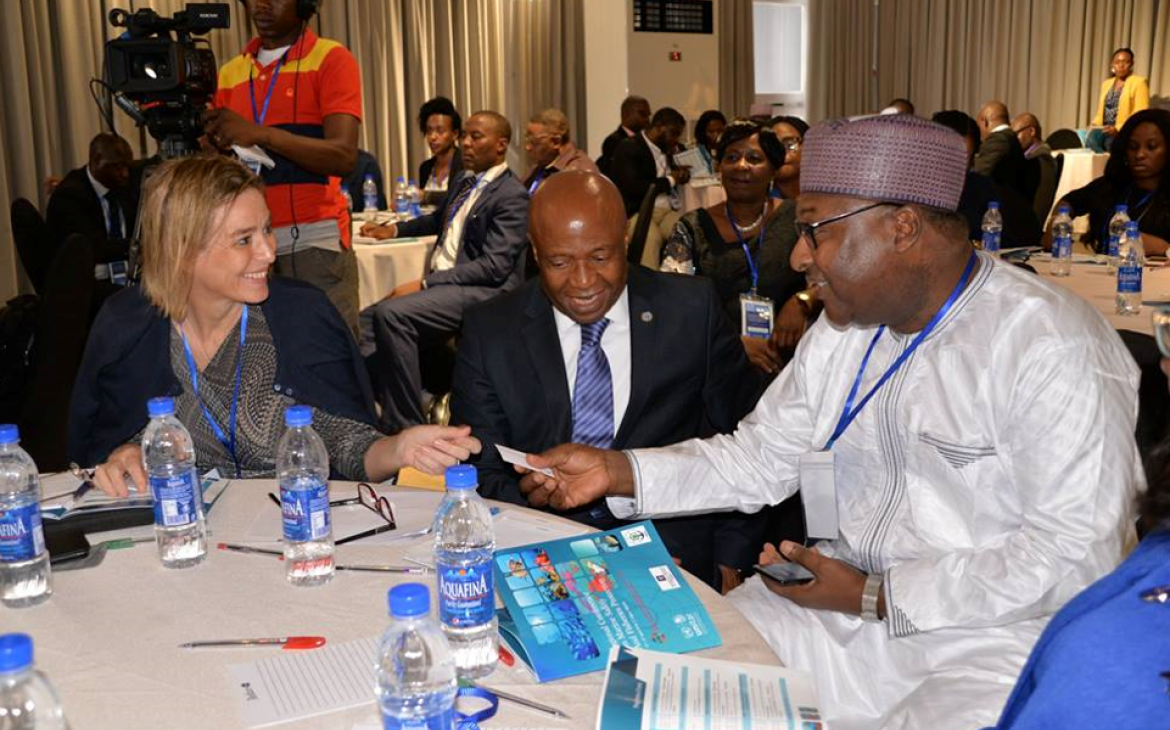3-4 April 2019, Lagos, Nigeria - The Norwegian Embassy in Abuja, Nigeria and the United Nations Institute for Training and Research (UNITAR) jointly held a two-day follow-up Regional Conference on Marine Safety and Fisheries Protection for participants from West, Central and Southern Africa regions.
Over 100 participants representing diverse constituencies: oil and gas companies: maritime agency; regulatory bodies; marine institutes; oil spills prevention organizations, international agencies, and private sector were in attendance. In addition to direct participants, it is estimated that several other viewers would have been reached through coverage of Six major TV networks and notable print media in the country. This is necessary to note given the importance of the topic.
Given successes recorded in an earlier conference which held in Lagos in 2017, the follow-up conference was organized to evaluate application of measures discussed during first conference and to enable participants discuss emerging challenges concerning marine sustainability in the region, particularly the problem of plastic waste pollution.
The conference began with opening remarks by: Norwegian Ambassador to Nigeria, His Excellency, Ambassador Jens-Peter Kjemprud, represented by Deputy Head of Mission, Ms. Ingrid Skjolaas; Head/Resident Representative, UNITAR Nigeria Office, Mr. Larry Boms; and Mr. Hassan Bello, who represented the Federal Minister of Transportation, Mr. Chibuike Rotimi Amaechi.
Highlight of the conference included presentation of papers by experienced speakers drawn from diverse sectors. The presentations focused on broad areas such as: Oil Spill and Environment; Monitoring and Assessment; Oil Spill Management; International Experience and Best practices; and Introduction to Plastic Pollution.
First paper, by Mr. Etiese Etuk, highlighted the different sources and impacts of oil spills and ways of prevention and or reduction of the spill incidents and impacts. Second paper by Mr John Paul Unyimadu examined the human effects of marine pollution on the marine environment, with focus on consequences of over exploitation and pollution of the marine environment and way forward in addressing the effects. These include impacts on health, safety of the marine ecosystem, users of the marine system and the economy of regional and international beneficiaries. The paper by Ms. Patience Obatola considered emerging challenges of oceans conservation for marine life and mitigating strategies in West Africa.
Other papers presented at the conference provided alternative suggestions for addressing some of the identified challenges including: role of regulatory agencies; international responsibilities; legal protection; insurance and compensation; and use of technology, particularly drones and weather forecasting instruments.
Considering the great challenges it presently constitutes, two presentations were dedicated to the issue of plastic waste pollution, including the opportunities it offers in terms of employment, income, and other benefits. For instance, presentation by Leo Nwofa of TOTAL E&P Nigeria Limited showcased a pilot plastic waste recycling project which is being planned for implementation in Rivers State by UNITAR in collaboration with TOTAL E&P. Participants were sensitised on the importance of environmental sustainability to the achievement of the SDGs 2030. Also, the conference pinpointed the necessity for UNITAR to help facilitate collaboration among relevant agencies, among other outcomes.



